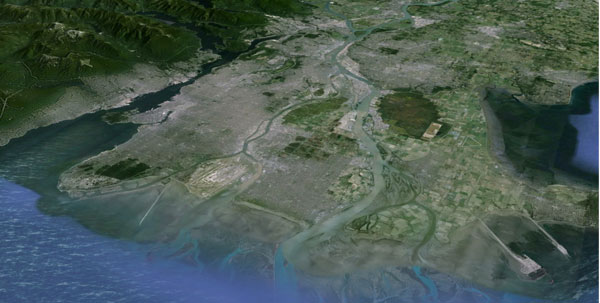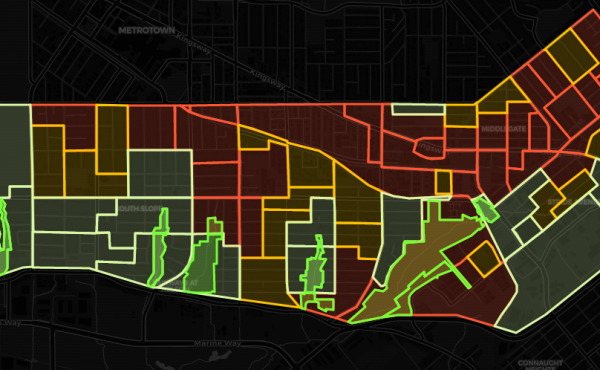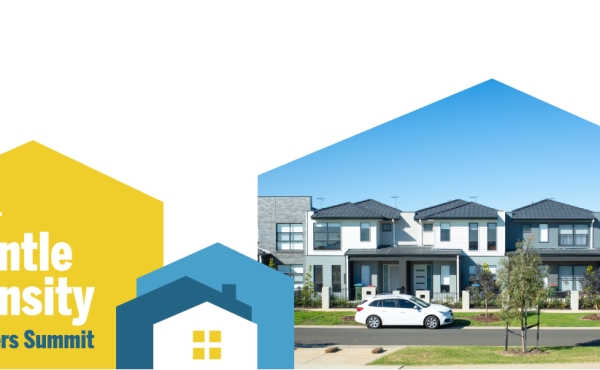
If you’re a keen transportation observer in the Metro Vancouver region, you will likely be aware that our local governments have some rather ambitious schemes in mind for the future. For example, earlier this summer, The Mayors Council (which represents 23 local elected governments within the Region) released a common vision for future regional transportation improvements and investments models. Indeed, the Metro Region is in very good company among a number of major metropolitan areas across North America with ambitions for serious multimodal investments.
While there is often a general recognition that transportation improvements will be necessary to keep a growing region moving and economically viable, the more precise costs and benefits of transportation strategies such as these are often much more difficult to determine. I believe that the absence of detailed analyses and their relationship to precise trade-offs contributes to a skewed – and at times opaque – decision making process, often resulting in concessions on critical actions.
The problem is that our assessments of transportation investments and strategies do not include the consideration of comprehensive costs and benefits. In other words, the limited practices currently utilized by transporting professionals in North America means that they often only measure easily discernible variables – for example, the readily apparent cost of a major transportation investment package can seem disproportionately large compared to more abstract benefits such “reduced pollution and congestion”. A more comprehensive picture can be drawn by monetizing the gamut of costs and benefits, including the often overlooked effects outside the immediate circumstances, such as health impacts, carbon emissions, and congestion.
As a transportation engineer-in-training (and recently minted planner), I am keenly aware of the great benefit that full cost accounting of transportation investments can provide to decision makers. To this end, I’ve striven to consolidate a methodology which I believe lays an excellent foundation for measuring comprehensive transportation impacts. I have applied this model to capture the broader scope of transportation costs and benefits in the City of Vancouver, and by extension, have applied many of these results to the Metro Region.
I’ve distilled many of the major takeaways into a five part series that highlights a number of important and topical issues currently at play in the Region. With this in mind, over the coming weeks, we will look at the following:
- Costs and benefits of transportation in Vancouver (Part 1)
- The merits of supporting continued investment in transit (Part 2)
- Making a business case for active transportation (Part 3)
- The math behind road pricing (Part 4)
- A new tool for evaluating transportation investments and strategies (Part 5)
So, join us on this voyage into the depths of transportation costs and benefits…..
***
An earlier version of this series debuted on Gordon Prices blog ‘Price Tags’ and can be found here.
**
George Poulos, EIT, MSCP is a transportation engineer-in-training as well as a recent Masters graduate of the School of Regional and Community Planning (SCARP) at UBC. He has previously worked for consulting engineers on a variety of transportation and municipal projects. Originally from Ontario, he currently lives in Vancouver.




